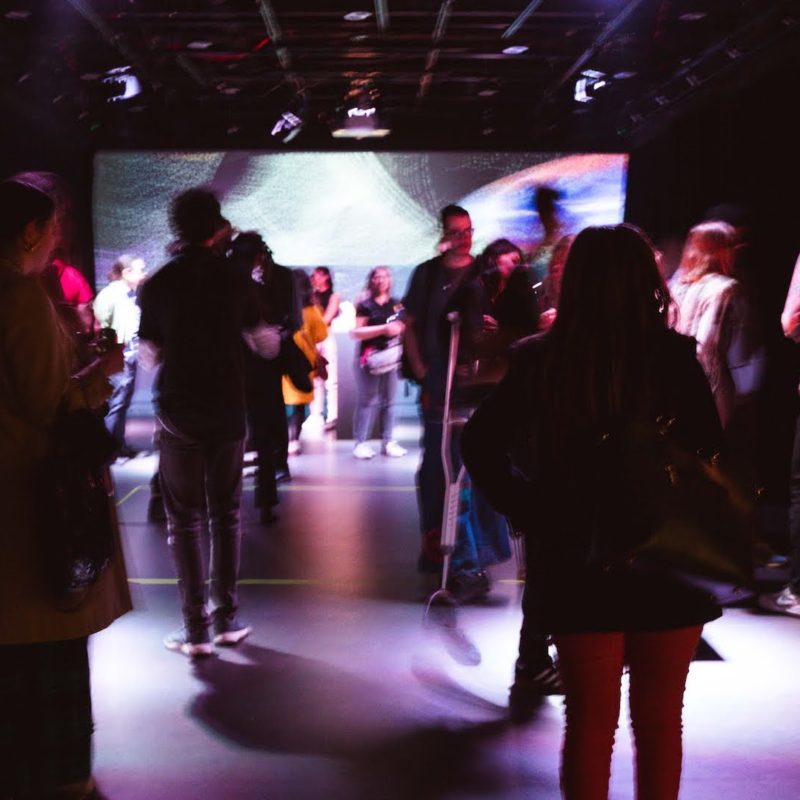Mozilla Brings Virtual Reality to all Firefox Users
We are delighted to announce that WebVR will ship on by default for all Windows users with an HTC VIVE or Oculus Rift headset in Firefox 55 (currently scheduled for August 8th). WebVR transforms Virtual Reality (VR) into a first-class experience on the web, giving it the infinite possibilities found in the openness and interoperability of the Web Platform. When coupled with WebGL to render 3D graphics, these APIs transform the browser into a platform that allows VR content to be published to the Web and instantaneously consumed from any capable VR device.
We would like to invite content developers to use A-Frame, a framework used over 10 million times a month, or one of the other amazing web engines and frameworks, such as React VR, to target WebVR and begin to develop VR.
In the eight months since we announced an initial version of WebVR in Firefox Nightly edition (hidden behind a user preference), we’ve co-organized a workshop and incredible cross-vendor and community collaboration on the WebVR specification. This widespread adoption means that you can target WebVR today and expect it to work on every major device:
| * | Mozilla Firefox | Google Chrome | Microsoft Edge | Oculus Browser | Samsung Internet | Safari on iOS |
| HTC Vive | Developer Edition | Chromium Experimental build | – | – | – | – |
| Oculus Rift | Developer Edition | Chromium Experimental build | – | – | – | – |
| Windows Mixed Reality | – | – | Windows 10 with Creators Update and Developer Mode enabled | – | – | – |
| Samsung Gear VR | – | – | – | Supported | Supported | – |
| Google Daydream | – | Chrome for Android (with Origin Trial) | – | – | – | – |
| Cardboard | – | Chrome for Android | – | – | – | via polyfill |
What’s next
In the coming months, all of the browser makers are working to share our WebVR compliance tests, led by Microsoft and rapidly picked up by other engines. This collaborative effort will help ensure that content works across multiple platforms and implementations, increasing the reach of the content.
See WebVR Rocks for detailed instructions for browsers on all platforms, along with pointers to some incredible content that showcases the power of each of those platforms.
Whether it’s adding 360° video content to an existing site, walking through a museum, exploring temples in Cambodia, or even grooving in a virtual dance hall, it’s awesome to see what has already been built. Visit the A-Frame school to learn how to build your own WebVR experiences today!
If you do build something with A-Frame, we’d love to see it! Share on Twitter and mention @aframevr. We include the best submissions in our weekly newsletter, A Week of A-Frame.


